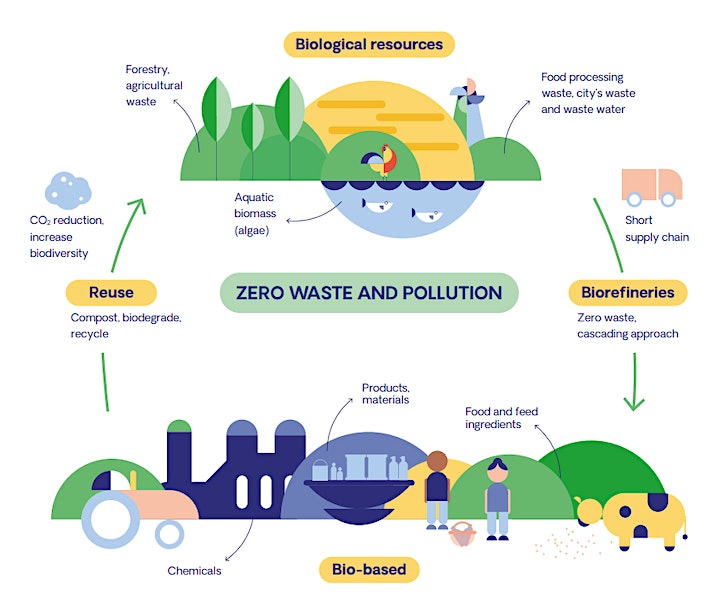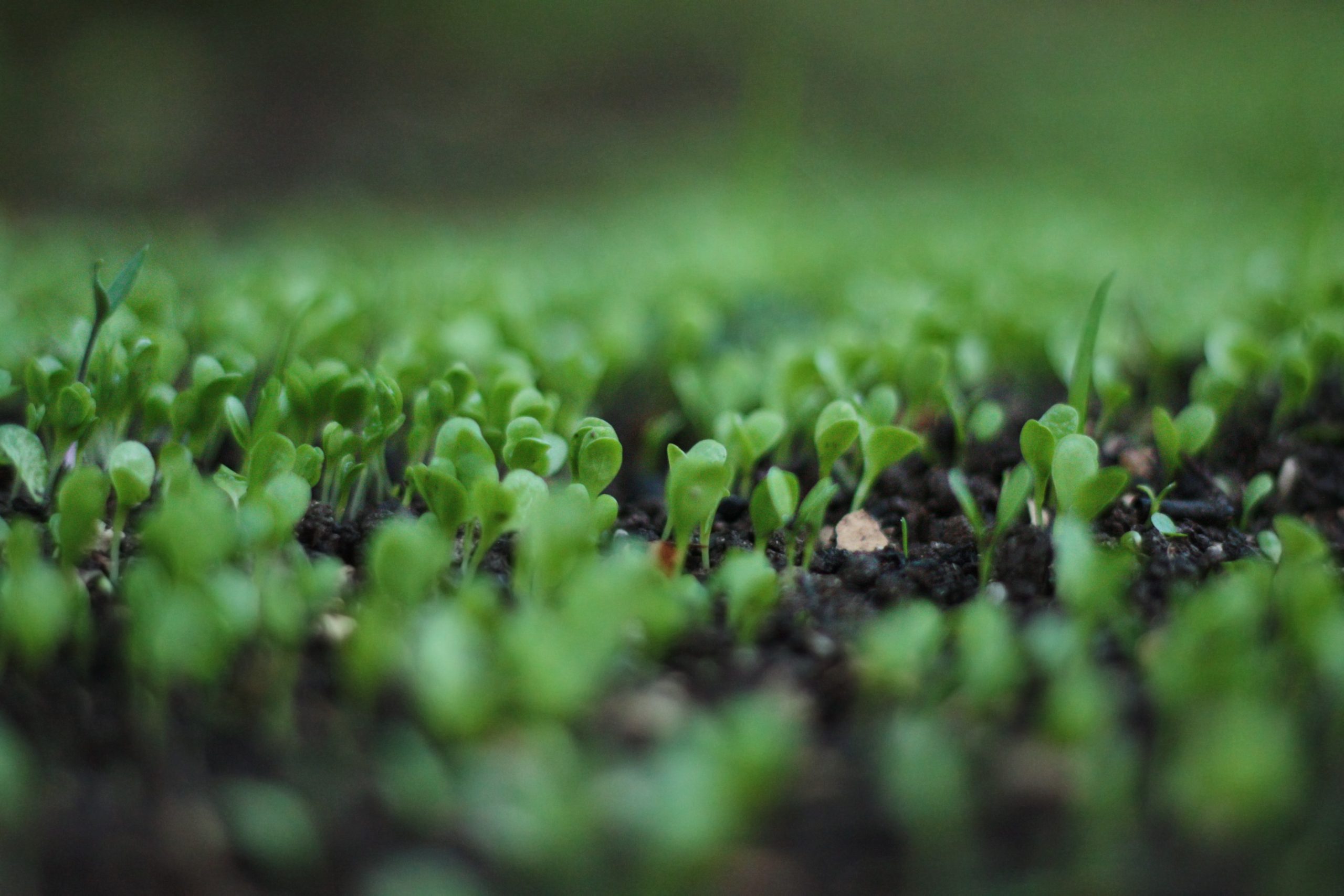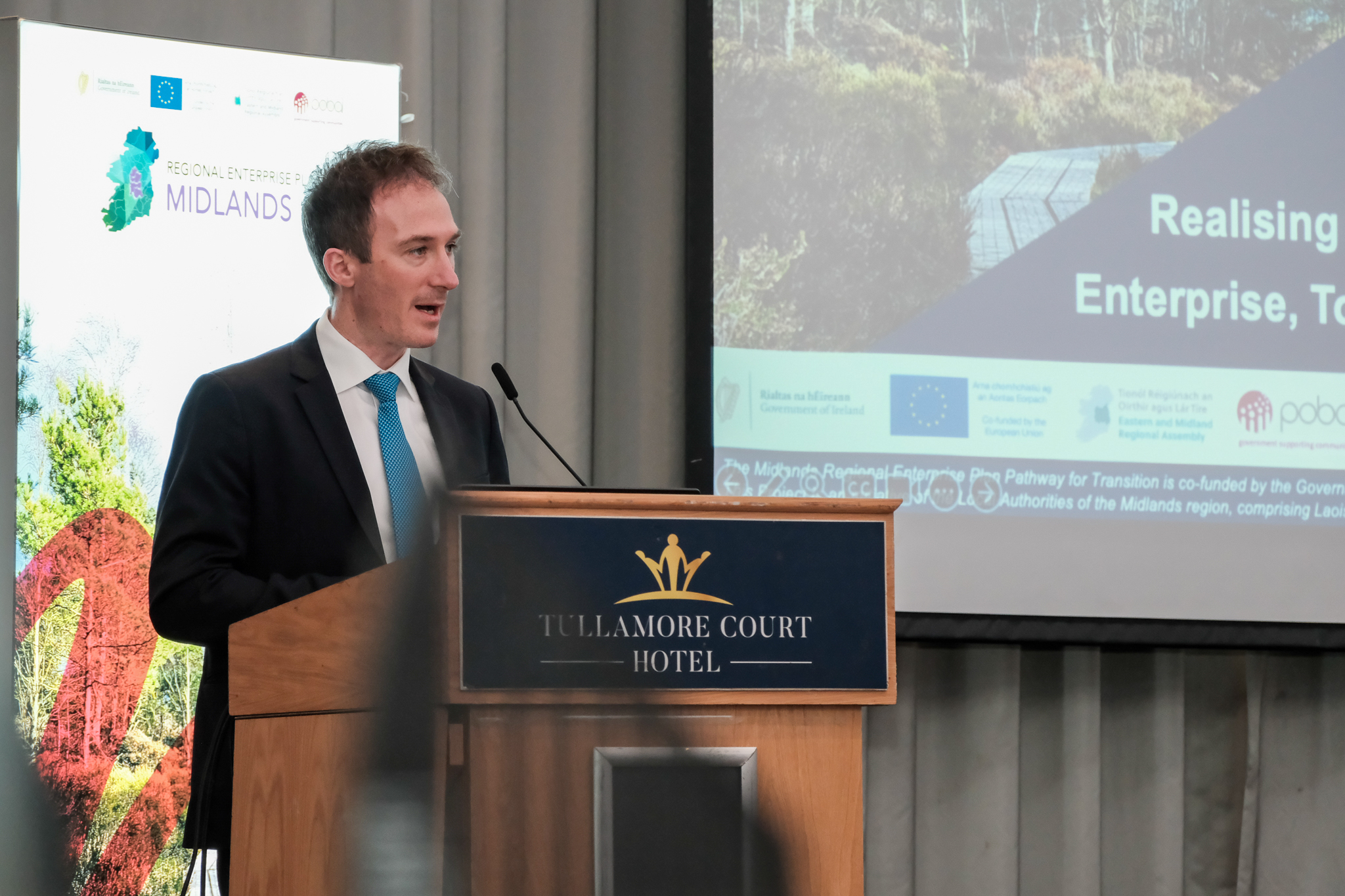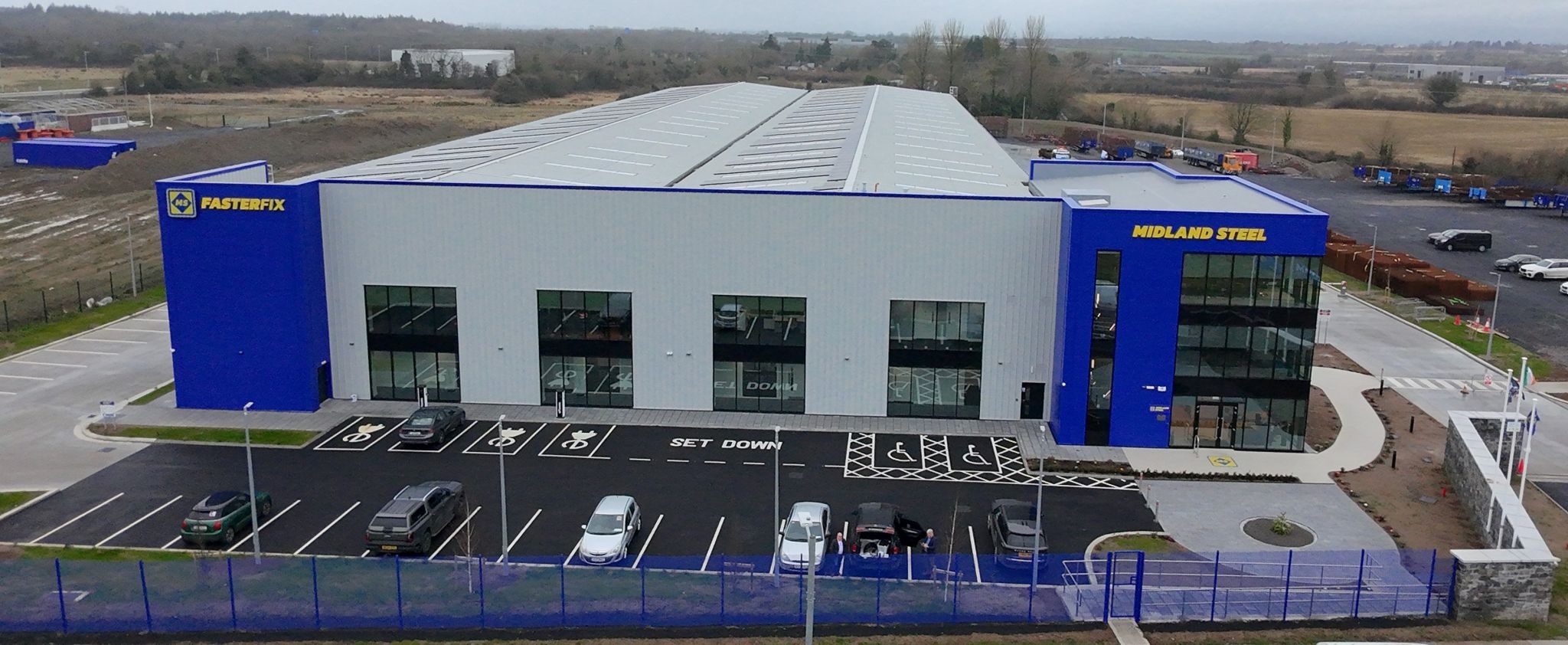- €10 million for a 2023 Bioeconomy Demonstration Initiative under the EU Just Transition Fund
- This will support the development of two bioeconomy piloting and demonstration projects in the ‘Designated Territories’ of the Midlands, which includes the counties of Laois, Longford, Offaly, Westmeath, Roscommon, as well as the Municipal Districts of Ballinasloe in Galway, Athy and Clane-Maynooth in Kildare, and Carrick-on-Suir and Thurles in Tipperary
Minister for Agriculture, Food, and the Marine Charlie McConalogue T.D., along with his colleagues Ministers of State Martin Heydon T.D. and Senator Pippa Hackett today announced the opening of a new innovation support measure for the bioeconomy in the Midlands region.
The ‘Bioeconomy Demonstration Initiative’ is part of the EU Just Transition Fund for Ireland and is designed to pilot and demonstrate the bioeconomy in action within the Just Transition Fund Territory. The scheme is co-funded by the Government of Ireland and the European Union through the EU Just Transition Fund.
It will offer the opportunity to support close collaboration between stakeholders along the entire bio-based value chain, including SMEs, research performing organisations, universities, local authorities, clusters, primary producers, bioprocessing industries, and consumer brands.
It will support bioeconomy innovation at the Just Transition Fund territorial level and will seek the active involvement of local actors across the wider Midlands region (e.g., NGOs, local and regional authorities, community, and local action groups) alongside the bio-based industries.
The EU Just Transition Fund
The Bioeconomy Demonstration Initiative is part of the EU Just Transition Fund, a €169 million fund to support communities most negatively affected by the move away from fossil fuels and the cessation of commercial peat extraction. Ireland is set to receive up to €84.5 million from the EU Just Transition Fund over the period to 2027. With the Government of Ireland’s match funding using Exchequer resources, up to €169 million will be available. The Just Transition Fund applies to ‘Designated Territories’ in the wider Midlands region, including the counties of Laois, Longford, Offaly, Westmeath, Roscommon, and the Municipal Districts of Ballinasloe in Galway, Athy and Clane-Maynooth in Kildare), and Carrick-on-Suir and Thurles in Tipperary.
The fund, which will be in place until 2027, will ensure that no-one is left behind by the climate transition and will promote economic, social, and territorial cohesion in line with key EU priorities. It will support training and upskilling for former peat workers. For the communities, this funding will enable them to benefit from new green jobs, the development of affordable green energy, the decarbonisation of local transport, and the roll-out of new tourism enterprises. It will also support investment in sustainable agriculture and forestry, the development of SMEs and start-ups, as well as support for vital research and innovation.

The Bioeconomy
The bioeconomy is the production, utilisation, conservation, and regeneration of biological resources, including related knowledge, science, technology, and innovation, to provide sustainable solutions (information, products, processes, and services) within and across all economic sectors and enable a transformation to a sustainable economy.
Food systems occupy the biggest niche of the bioeconomy. In the European Union, for instance, food systems, including agriculture, forestry, fisheries, and aquaculture, as well as food and feed manufacturing, account for 71% of all value added in a bioeconomy, followed by around 28% for bio-based products, and the remainder for bioenergy.
The bioeconomy has major untapped potential to support both climate change mitigation and adaptation and a circular economy since in current bio-based industrial systems the full value of biomass is not unlocked to its fullest potential and there is very significant potential to sustainably cascade the use of biomass and valorise biological waste.
The transition to a sustainable and circular bioeconomy involves challenges and risks as well as benefits and opportunities. These challenges can include the: addressing of scientific and financial risk and developing technical capacity; scaling-up practices, technologies, and engineering; and developing the basis for cooperative approaches.
These challenges and risks, that have been identified through formal stakeholder engagement , mean that bioeconomy development needs support and facilitation that creates space for innovation in specific territorial contexts, enables piloting and cooperation and allows the addressing of barriers through cooperative activities. The Scheme aims to address these.
The Bioeconomy Demonstration Initiative scheme will support the development of ‘Bioeconomy Districts’ and ‘Living Labs’ to support circular bioeconomy value chain development within the Region
The scheme is funded from an allocation of €20 million to the Department of Agriculture, Food and Marine from the EU Just Transition Fund. There will be two calls for proposals, one in 2023 and one in 2024.

In making the announcement, Minister McConalogue stated
“the bioeconomy has significant potential to improve the environmental, economic and social sustainability of the agri-food sector. For example, it is now possible to replace products produced from fossil-resources with those produced by bio-resources from land and sea, including new biofertilisers and biopesticides, high protein food and feed, bio-based plastics and textiles, and much more besides. Utilising biomass, including biowastes, from agriculture, food production and processing in this circular way means we can extract more value from our agri-food system while simultaneously improving overall environmental and climate sustainability”.
Minister of State with special responsibility for research and innovation Martin Heydon T.D. remarked
“the Just Transition funding for bioeconomy demonstration initiatives in the midlands will build on the research and innovation capacity that has been developed through previous funding of more than €25 million by my Department. With these building blocks now in place, it is critical that we move those bioeconomy innovations from the research lab to scaled up demonstration level. This will help the agri-food system to become more circular, sustainable, and resilient”.
For her part, Minister of State with responsibility for Land Use and Biodiversity, Senator Pippa Hackett commented:
“We have secured a total of €20 million for bioeconomy demonstration initiatives in the Midlands under the Just Transition Fund. I am hugely excited by the potential for Midlands farmers, community groups, research organisations, local authorities, SMEs and other enterprises to come together to realise the potential of the bioeconomy for this region and beyond. The 2023 call has a budget of €10 million for two separate projects, each of which will be eligible to receive funding of up to €5 million. Through this year’s call we are seeking proposals to develop biobased products, services and jobs that will help us move to a more sustainable, climate-neutral economy here in the Midlands. I’m looking forward first of all to seeing the successful proposals getting up and running in the Midlands, and ultimately then seeing their pilot projects replicated across Ireland and further afield in years to come.”
Full details of the scheme and how to apply can be found on gov.ie, with links to the Application Submission Portal – Department of Agriculture, Food, and the Marine (flexigrant.com) with a closing date for this 2023 call of 13th October 2023.






